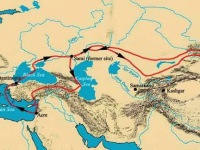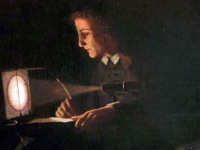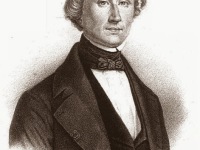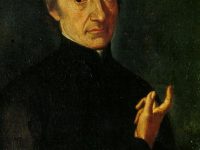Umberto Eco and The Name of the Rose
On January 5, 1932, Italian semiotician, essayist, philosopher, literary critic, and successful novelist Umberto Eco was born. He is best known for his groundbreaking historical mystery novel Il nome della rosa (The Name of the Rose), an intellectual mystery combining semiotics in fiction, biblical analysis, medieval studies and literary theory. I have read ‘The Name of the Rose‘, when I was just 20 years of age, and ever since I am a…
Read more






